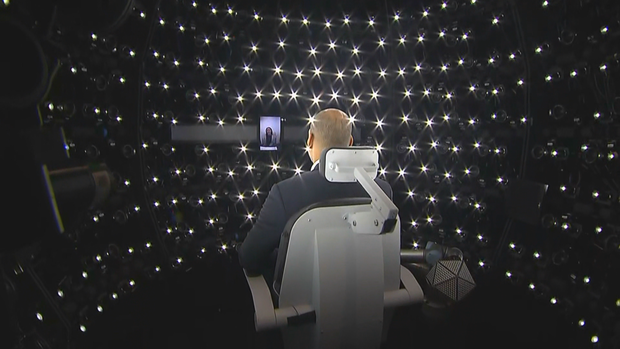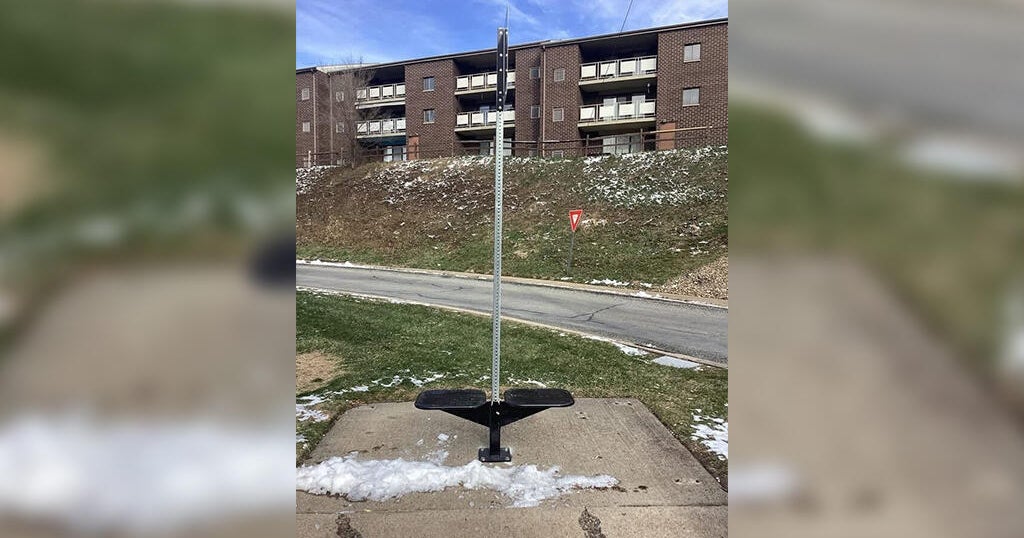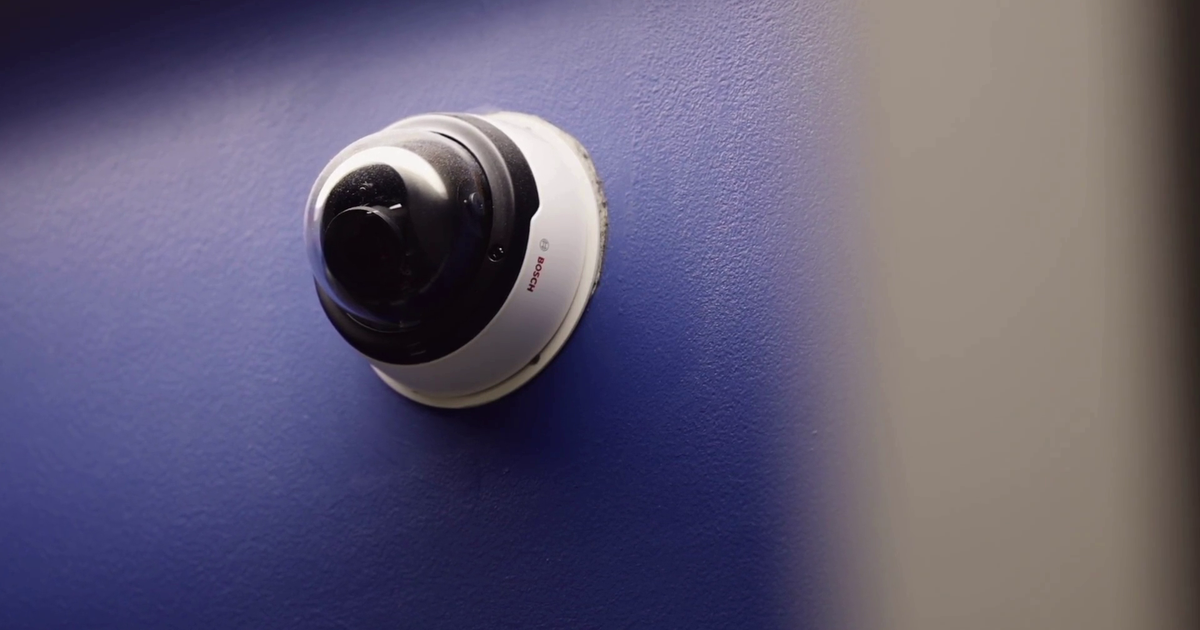Inside the Facebook virtual reality lab building 3D video chat
Facebook says it is developing the next step in the future of communication with a new virtual reality platform that creates life-like replicas of real people. But it involves the mass collection of data and Facebook still faces criticism for scandals surrounding how it handles the personal information of its more than 1.5 billion daily users.
To create an avatar that looks, moves and sounds like you, 180 cameras and 500 lights capture your face from different angles, making all sorts of silly faces, reports CBS News' DeMarco Morgan, who got an exclusive look at the social media giant's new project.
"The reason is because we want to be able to understand exactly how you look from every different viewpoint," said Yaser Sheikh, who directs the Facebook reality lab in Pittsburgh creating these avatars. "Because in virtual reality, we might move and look at you from different perspectives, and it has to look as real as you do."
"It's an evolution from the telephone to video conferencing and this can be the next sort of way of actually spending time with a friend you haven't met in 10 years. You can both sort of say, 'let's meet at the Eiffel Tower' and suddenly you materialize there," Sheikh said.
When you put the goggles on, you see a three-dimensional version of the person you're talking to so it feels like they are right in front of you.
To make it real, the scanner captures 180 gigabytes of data per second — that's less than two seconds to fill a typical laptop hard drive. It's a lot of data to give a social media platform like Facebook, which is still reeling from a series of massive data scandals last year. Those scandals include the improper collection of 87 million users' data by a political consulting firm; 50 million accounts compromised by hackers, and reported deals made by Facebook to share intrusive access to user data with more than 150 different companies, including Netflix and Amazon, which Facebook denies.
Yaser says while in the research phase, the team is capturing a lot of data from their subjects, but in the future Facebook hopes these avatars can be built by users with just a few snaps or videos, and not through the current system.
"It is impossible not to ask the question, is there a dark side to this?" said Peter Rubin, a senior correspondent at Wired who covers virtual and augmented reality. "It collects a lot of data about us and increasingly about the way that we look and the way behave and the way we react to things it feels much more invasive than just having our web serving monitored."
Facebook says security is a top priority. Asked if there are any concerns about hackers, Sheikh replied, "of course."
"It's something which I consider to be the existential threat to this kind of technology. If we're not mindful of this, and develop safeguards in the system itself ... It really threatens the viability of this entire medium of communication," Sheikh said.






